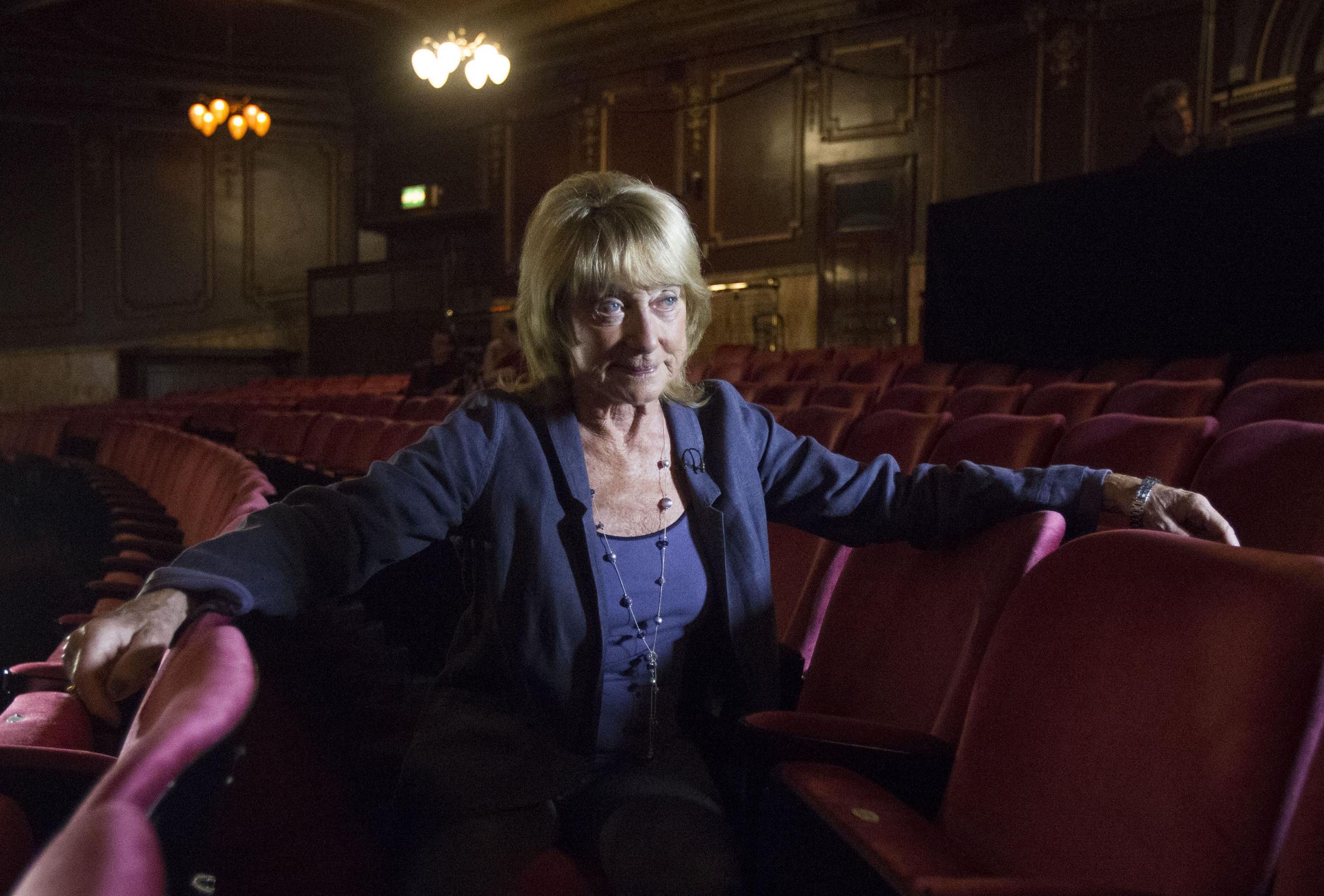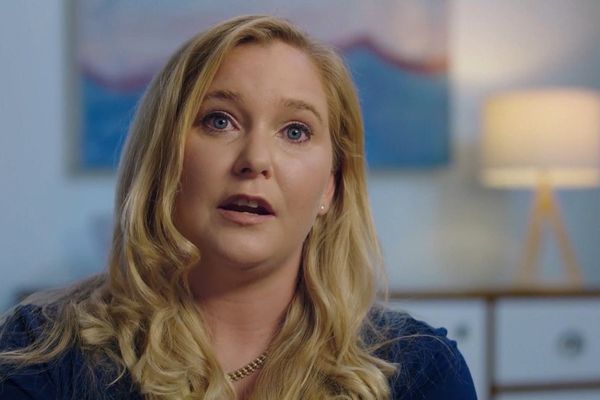
Dame Gillian Lynne, who has died at the age of 92, quite simply changed the way we think of dance.
Her husband, actor Peter Land, announced on Twitter the death of his "darling Gillie", sharing that she was adored by many and had left “a huge legacy”.
The opening of Andrew Lloyd Webber's musical Cats, which premiered in 1981 in London, became the focal point of that legacy and the moment we were captivated by a new, frenetic and fantastical choreography.
The show introduced Lynne's work to a new audience, gaining attention from countries all over the world for many years. Fittingly, the New London Theatre, which was home to Cats, had its name changed by Webber, who owns the venue, to the Gillian Lynne theatre. Making it the only West End venue playhouse to be named after a choreographer (or indeed a non-royal woman).
In a ceremony to mark the event, Lynne was carried to the stage on a golden throne, surrounded by dancers from Cats.

Lynne’s entry to dance came in a most unusual way and courtesy, it seems, of a most unusual doctor. When she was a child her mother took her to the doctor because she fidgeted and could not concentrate at school. The doctor turned the radio on, asked the mother to observe her daughter, and left the room. Gillian’s mum watched her daughter involuntarily dancing to the music from the radio. Her mother soon died in a car crash when Gillian was only 13.
During the Second World War she was spotted by Dame Ninette de Valois, founder of Sadler’s Wells Ballet (later The Royal Ballet) and danced her first major solo as the Lilac Fairy in The Sleeping Beauty on her 20th birthday. Later roles were to be specifically created for her by Royal Ballet choreographers Frederick Ashton and Robert Helpmann.
As she moved from dance to choreography and direction, she choreographed for the Royal Shakespeare Company, Royal Opera House and English National Opera, numerous west end shows such as 'Chitty Chitty Bang Bang' and three Lloyd Webber musicals, ‘Cats, ‘The Phantom of the Opera’ and 'Aspects of Love’. In an astonishingly long (she described herself on Twitter as “a working nonagenarian”) and diverse career, she even directed The Muppets on TV and starred on screen opposite Errol Flynn (“I had a fling with Errol,” she once recalled, “but so did everyone.”)
And yet none of that classical training, nor the stage and screen stardom, signalled what will surely be her lasting legacy – the transformation of the art form from a classically based genre to a high energy modern dance which would inspire huge numbers of the young and not so young to embrace dance, both as spectators and practitioners.
There were signs of it for sure in a number of pre-'Cats' productions. I recall vividly Trevor Nunn’s RSC production of a rumbustuous musical version of 'The Comedy of Errors' in 1976, in which Lynne’s dazzlingly energetic and often humorous choreography was performed by Judi Dench among othe
But it was ‘Cats’ that was to mark the transformation of musical theatre. Long a champion of jazz dance, Lynne’s mogs, slinky and sensuous, daring and dastardly, danced to a high-energy fusion of ballet, jazz and old-fashioned showbiz, always underlined by her trademark athleticism. Cast members recall that she did not choreograph from the stalls but always joined and led the company on stage in rehearsals.
As lights in the West End were dimmed Monday night in her honour, Sir Cameron Mackintosh, producer of ‘Cats and ‘Phantom’ described her as “a unique light” in musical theatre.
“Inspirational and indefatigable, wickedly funny and fabulously sexy, Gillie’s brilliantly inventive talents over the decades have illuminated the lives of all those who have had the luck to work with her as well as the audiences who have witnessed her magic, he said.
He added: “She always signed her notes to me 'Taut and Tight' – it perfectly summed up both her timeless elegance and her extraordinary work ethic. We will all miss her beyond words, but I have no doubt she already has the angels rehearsing the Jellicle Ball… God bless her. She is truly unforgettable.”
Andrew Lloyd Webber tweeted “Three generations of the British musical owe so much to you.”
Yes, she changed forever the craft of the British musical, but her legacy goes beyond that, and stretches just as importantly beyond theatre to ordinary people, inspired by her work and passion to try and to love the transformative nature of dance.
David Lister is the former arts editor of The Independent







